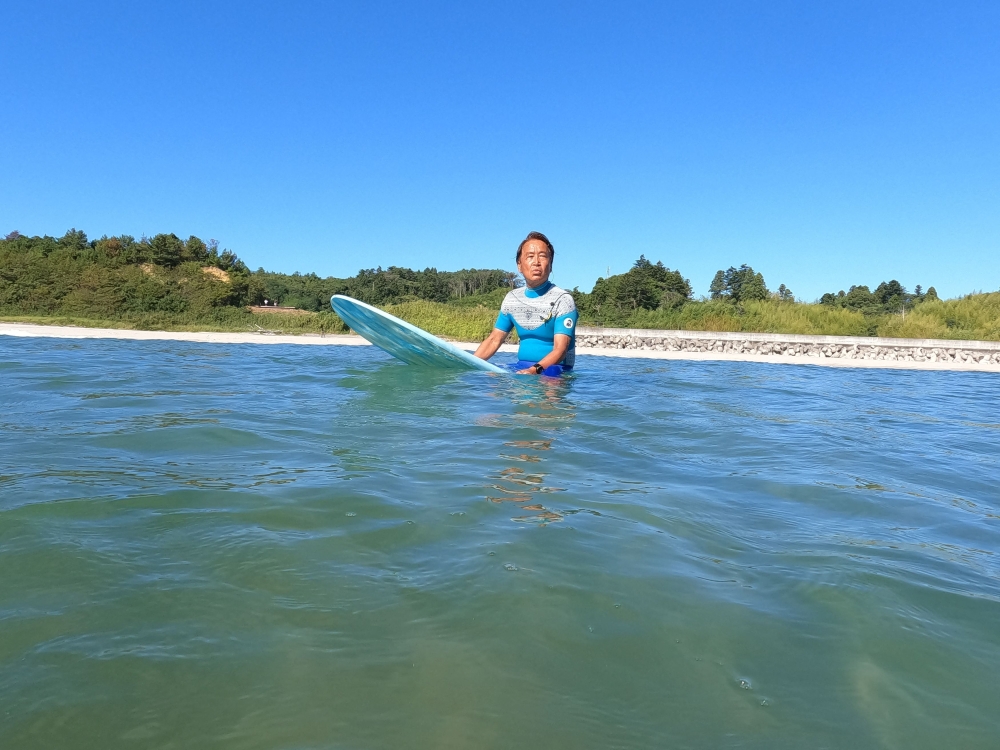MINAMISOMA (Japan), Aug 25 — Koji Suzuki, who has surfed the waters off Fukushima for nearly half a century, was in his home not far north of the nuclear power plant on March 11, 2011, when a devastating earthquake and tsunami struck Japan.
His home and surf shop in the city of Minamisoma were swept away by the massive wave that wrecked the Fukushima Dai-ichi nuclear plant just 35km away, setting off meltdowns and fears of radiation that led to widespread evacuations.
But the tanned, wiry 68-year-old is not worried about the release of treated wastewater begun yesterday by plant operator Tokyo Electric Power (Tepco), which triggered protests and prompted China to ban imports of all Japanese seafood.
“I think the people who go surfing became sensitive about radiation and really looked into it,” he said.
“After they understood from their research that there is no (radiation) impact on your body from surfing, they carried on doing it.”
Suzuki fled the tsunami in his car but was back riding the waves off Minamisoma four months after the disaster. He has rebuilt both his shop, called Surf Shop Sun Marine, and his home, further from the water.

Now he regularly surfs with a group of friends from a beach between a thermal power plant and a wind farm, hanging out at a deck they built at the top of nearby cliffs.
“Koji has been going in there to surf for over 40 years. I don’t think he can be separated from the water, and I’m the same,” said fellow surfer and doctor Shuichi Ishihara, 64.
“Nobody that knows the sea here has these kinds of worries (about radiation).”
But while the surfers say the plant’s treated water poses no health risks, concerns persist among many, both at home and abroad.
“Just as things were finally starting to recover, the radiation, or dirty water, problem arose,” said Suzuki, who sat beside a rack of used surfboards.
“The signs are that things will head in a bad direction again, so for all of our businesses, it’s a huge negative.”
An even bigger concern is that Japanese parents are not letting their children learn to surf, because of worries about long-term radiation effects from the treated water.
“If it’s just the old guys left, what does that mean for the future?” Suzuki added. “It feels like it’ll end with my generation.” — Reuters






















